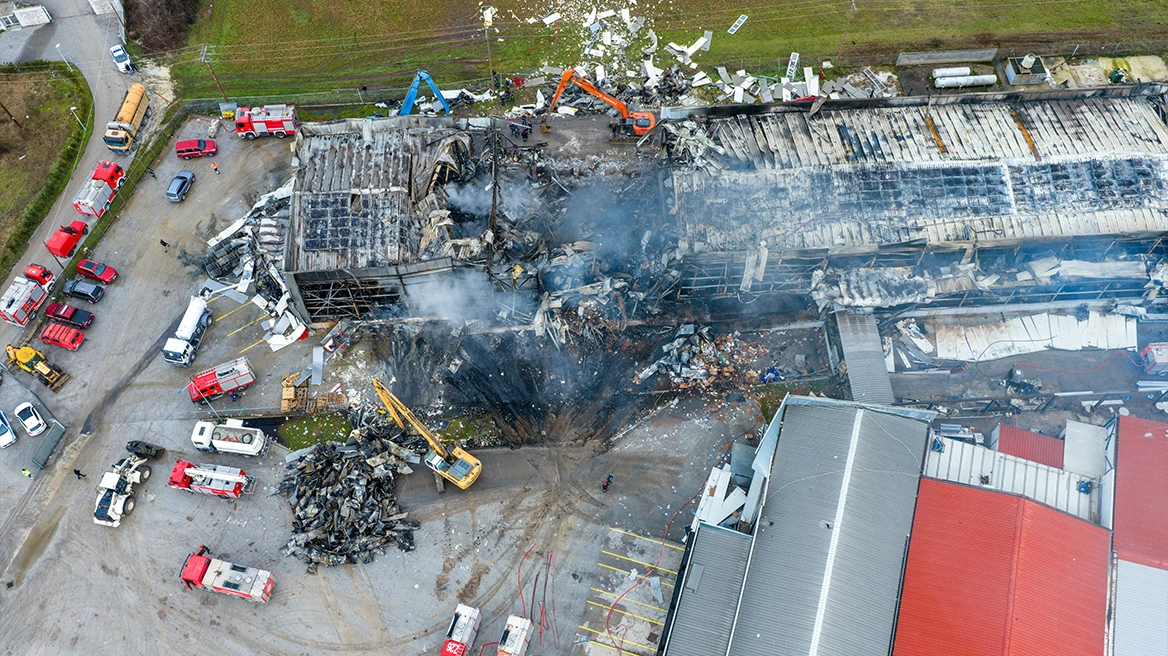The Independent Authority for Public Revenue (AADE) is launching intensive audits on 1,000 taxpayer IDs (AFMs) of owners with more than three short-term rental properties. At the same time, efforts are intensifying to create a Property Ownership and Management Registry, an electronic file with details about each property in the country.
Regarding the “forgetful” property owners engaged in short-term rentals, 500 of them haven’t even opened tax books as required by law, while another 500 have started the process but used incorrect tax codes. The correct activity code (KAD) for short-term rental operations is 55.20.11.06, which refers to “short-term property rental services through digital platforms within the sharing economy.”
As revealed by AADE Director Giorgos Pitsilis at the 25th Prodexpo, 6,200 legal entities have declared over three properties for short-term rentals, with a good compliance rate, as 90% have opened tax books. Around 500 have used the wrong codes, and another 500 have taken no action. “We have identified them and will be contacting them soon to ensure compliance.”
According to AADE, compliance among short-term rental property owners is improving. Pitsilis mentioned that previous cross-checks between AADE’s records and data from short-term rental platforms showed a 37% discrepancy rate, which has dropped to 20% last year and 12% this year.
Tax revenues from short-term rentals have skyrocketed in recent years, growing from around €70 million in 2017 to €740 million last year. In the first nine months of this year, revenues reached €742 million (compared to €640 million in the same period of 2023), with projections for the year-end reaching €830 million.
Even Valentina Reino, Head of Public Policy for Airbnb in Southern Europe, acknowledged that the agreement between short-term rental companies and AADE in Greece is a best practice in Europe. She noted that the registration process for hosts on the platform is easy and complies with the law. Cross-checking procedures are automated and occur annually. Reino also emphasized that in countries where restrictions on short-term rentals were imposed, the experience has not been positive for local communities, leading to higher property prices.
December: The Launch of the Property Owners Registry
Pitsilis also announced a new initiative that directly affects property owners and tenants, aimed at better tracking and recording real estate in the country. This initiative involves creating a modern electronic system, the Property Ownership and Management Registry, which will offer a comprehensive and accurate picture of the properties owned by individuals and transactions made by tenants, ensuring proper income reporting and tackling tax evasion. The measure is expected to be piloted in December.
The Property Ownership and Management Registry will draw data from several sources, including:
- Property Register: Data from the electronic property register will be automatically transferred to the new Registry without any action required by taxpayers. Owners will be able to correct discrepancies or omissions in their property data.
- Lease Platform and Form E2: Information about rented properties will be sourced from the AADE’s electronic lease platform and Form E2, which records rental income.
- Tenant Access: Tenants will have access to a special application and can verify the details of the properties they rent. If discrepancies, such as lower declared rent, are found, tenants will be required to report the actual amounts.
Once operational, AADE will be able to cross-check the declarations made by owners and tenants regarding rented properties and the income earned. Any new declarations or changes in a property’s details will automatically update the Registry, ensuring data accuracy. Furthermore, when an owner declares the end of a lease, the system will be updated immediately.
The Registry will be integrated with the tax return system for individuals and legal entities. This means that rental income will be automatically pre-filled on the owners’ tax returns (Forms E1 and E2), as well as the tenants’ expenses for rent.
Additionally, integration with the Cadastre will allow the identification and correction of any discrepancies in the property descriptions, ensuring the consistency and accuracy of the data from both individuals and the government.
Ask me anything
Explore related questions





